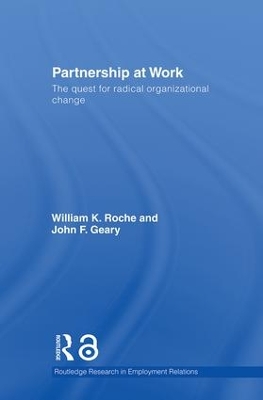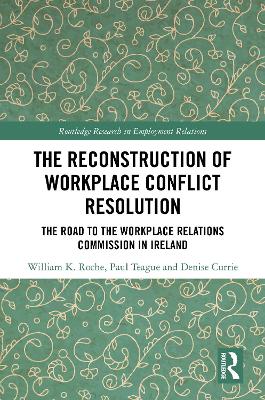Routledge Research in Employment Relations
2 total works
The Reconstruction of Workplace Conflict Resolution
by William K. Roche, Paul Teague, and Denise Currie
Many attempts have been made in recent decades by liberal market economies to reconstruct public workplace conflict resolution agencies in response to major changes in patterns of workplace conflict. These have often been hampered or stymied by political schisms, stalemate or inertia. The radical reconstruction of conflict resolution in Ireland marks out a major exception to the international pattern and represents a case of successful adaptation and innovation in conflict resolution services and supports. Drawing on detailed primary research, and aimed at scholars, policy makers, professionals and students, this book examines the drivers of innovation in the Irish case and shows how the new state agency for workplace conflict resolution, the Workplace Relations Commission, operates and maintains the confidence of employers, unions, people at work and government. The Irish case is considered in comparative context, and current strategic challenges facing the Workplace Relations Commission are assessed.

